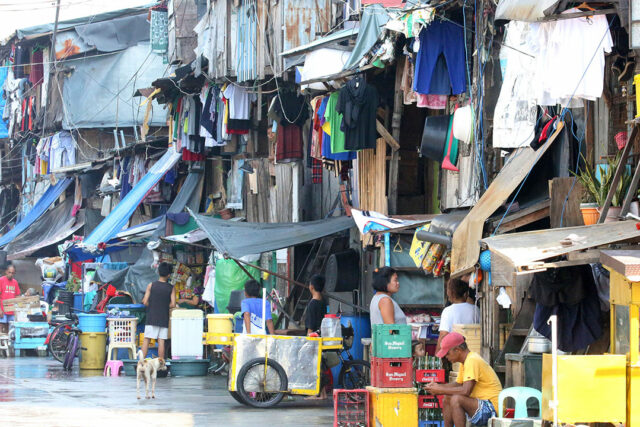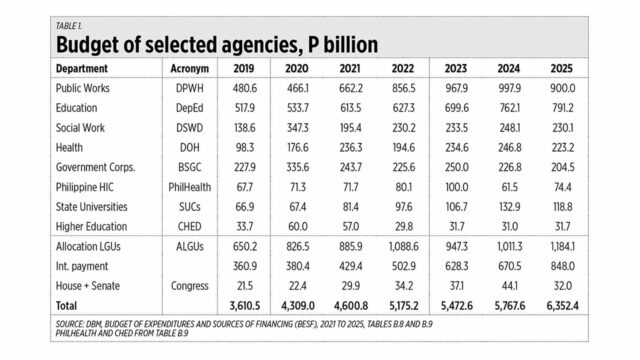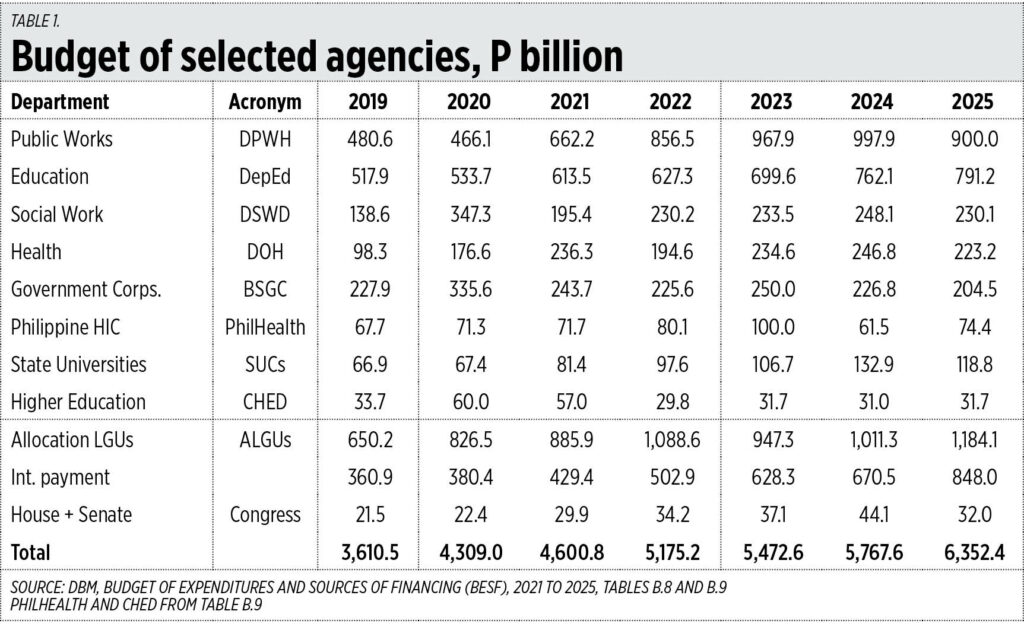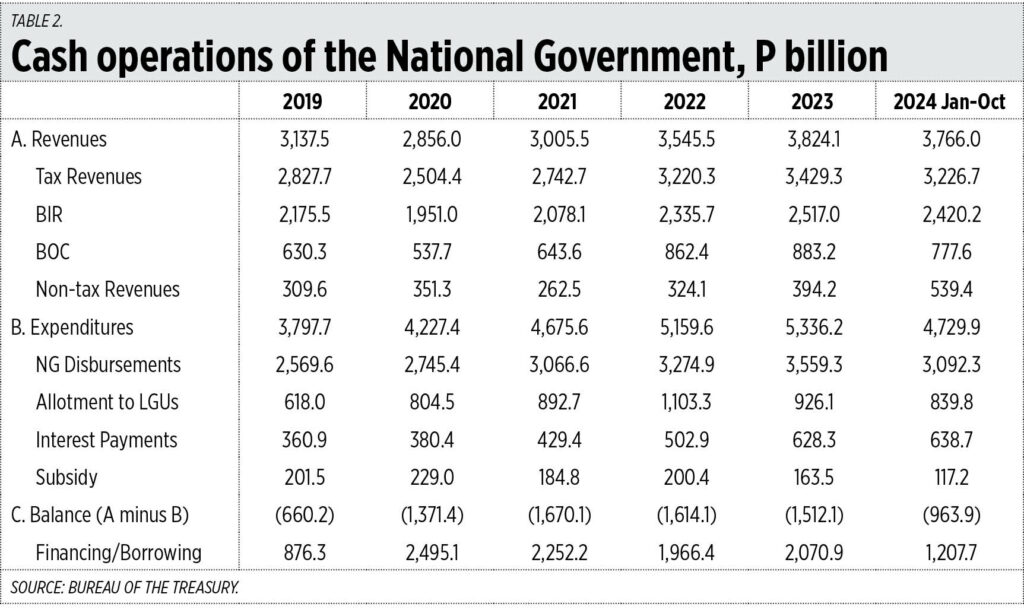LOS ANGELES — The script for the biblical epic Mary, which tells the story of the Nativity from the perspective of Mary of Nazareth, languished in Hollywood for some 15 years before entering production.
As the independent film approached completion this September, it attracted interest from three major Hollywood studios and streaming giant Netflix, which emerged as the global distributor and released the movie this month.
Mary has ranked among Netflix’s top 10 English-language movies, attracting 24.6 million views.
 “The marketplace has changed dramatically over the course of the past five years,” said director D.J. Caruso. “Particularly in the epic or the high-quality, faith-based genre. There’s a real desire or hunger out there now.”
“The marketplace has changed dramatically over the course of the past five years,” said director D.J. Caruso. “Particularly in the epic or the high-quality, faith-based genre. There’s a real desire or hunger out there now.”
Hollywood is turning to God, the American West and outdoor enthusiasts to capture a wider audience. Major film studios, wealthy investors, and streaming services are pouring money into faith-based movies, rodeos, and outdoor lifestyle programming as an alternative to superhero sagas or dramas heavy with sex and violence.
Studio executives, talent agents, and television showrunners told Reuters the industry has recognized it is missing broad swaths of the United States. Donald J. Trump’s election as president in November, buoyed by working-class voters, underscored the importance of programming to the whole country, not just cities on the coasts.
Hollywood has periodically mined the Bible for box office gold with films such as The Ten Commandments and Noah. The success of Angel Studios’ Sound of Freedom, a 2023 thriller loosely based on the story of a Homeland Security agent who rescues children from sex trafficking, won over religious and conservative audiences and sparked new interest in the genre.
FROM HORROR TO FAITH
Hollywood’s master of modern horror, Paranormal Activity filmmaker Jason Blum, joined Lionsgate and other investors in backing The Wonder Project, an independent studio that raised more than $75 million to produce faith-based films and series for Amazon Prime Video. Its series about a biblical king, House of David, will be released in February.
“There are an awful lot of people throughout the country that think this is exactly the type of programming they’d like to watch — particularly with their families,” said Lionsgate Vice-Chairman Michael Burns.
Lionsgate this year renewed its partnership with Kingdom Story Company, the production company behind Jesus Revolution.
Netflix, meanwhile, struck a multiyear deal with acclaimed filmmaker and actor Tyler Perry to produce faith-based films for the streaming service.
Some executives told Reuters the industry has recognized it is missing broad regions of the US with films and TV shows that garner critical acclaim but draw a narrow audience.
The disparity is exemplified by the commercial success of Paramount Network’s Yellowstone, the Western family melodrama that swept America’s heartland. Yellowstone attracted more than 11.4 million viewers in its fifth-season finale — nearly four times as many as the 2023 finale of the Emmy-winning HBO series Succession.
Thomas Tull, founder of superhero movie producer Legendary Entertainment, recognized the opportunity before many others. Together with TWG Global and Guggenheim Partners Chief Executive Officer (CEO) Mark Walter, he launched Teton Ridge in 2019, a Western sports, entertainment and lifestyle brand built around rodeos. The company, which is owned by TWG Global, attracted additional investment from venture capitalist Jim Breyer and the Lee Bass family office.
The live competitions — which include bull riding, steer wrestling and barrel racing — attract a global audience of 80 million people a year.
COWBOY HEROES
Teton Ridge saddled up, last month acquiring The Cowboy Channel and Cowgirl Channel, a deal that secured exclusive media rights to more than 600 Professional Rodeo Cowboys Association rodeos. That augments its collection of Western sports properties, which include the American Rodeo Contender Series, whose championship weekend is carried live on Fox Sports, and the Let’s Freakin’ Rodeo podcast, hosted by top-ranked tie-down roper Ty Harris and his cousin, filmmaker Cole Harris.
Meanwhile, Teton Ridge Entertainment is exploring Western stories in films, series, and documentaries, including adapting the late bestselling author Louis L’Amour’s novel Fallon, which is set in the Old West, appealing to an audience CEO Deirdre Lester describes as the “cowboy curious.”
“Our mission is to be making content for an underserved audience,” said Jillian Share, president of Teton Ridge Entertainment. “Making stuff where it appeals to a much larger part of our country than a lot of the stuff that we — myself included — have been focused on for the last 20 years of my career.”
She called the cowboy “the first true, great American hero.”
“You look at superheroes and you look at Marvel and DC, and you’re like, what’s more iconic than the cowboy?” Ms. Share said.
Veteran entertainment executive Peter Chernin’s investment fund The Chernin Group became the principal investor in MeatEater in 2018, a blossoming media brand built around outdoorsman Steven Rinella, a best-selling author, podcaster and host of a forthcoming History Channel series, Hunting History.
Some, however, feel sidelined by Hollywood’s pursuit of the American heartland. They worry that executives have become fearful of being branded “woke,” a label hurled at Walt Disney by Florida Governor and former Republican presidential candidate Ron DeSantis.
One television showrunner, who was in the final phase of negotiations for a streaming series featuring a diverse cast, learned a day after Mr. Trump’s election that the project would not go forward. The showrunner, who requested anonymity for fear of retaliation, saw a correlation between the programming decision and Mr. Trump’s victory.
Another development executive shared an e-mail from one network executive, who rejected a project as too “political.”
Earlier this year, the makers of The Apprentice, a biopic about Mr. Trump, struggled to find a distributor even after an enthusiastic reception at the Cannes Film Festival in May.
An attorney for Mr. Trump sent a cease-and-desist letter to the filmmakers. Briarcliff Entertainment released the movie in October, and stars Sebastian Stan and Jeremy Strong were nominated for Golden Globe awards.
This week, Disney said it had removed a transgender storyline from upcoming Pixar animation series Win or Lose. The character will remain in the show, but the few lines of dialogue that reference the character’s gender identity have been removed.
“When it comes to animated content for a younger audience, we recognize that many parents would prefer to discuss certain subjects with their children on their own terms and timeline,” a Disney spokesperson said. — Reuters















